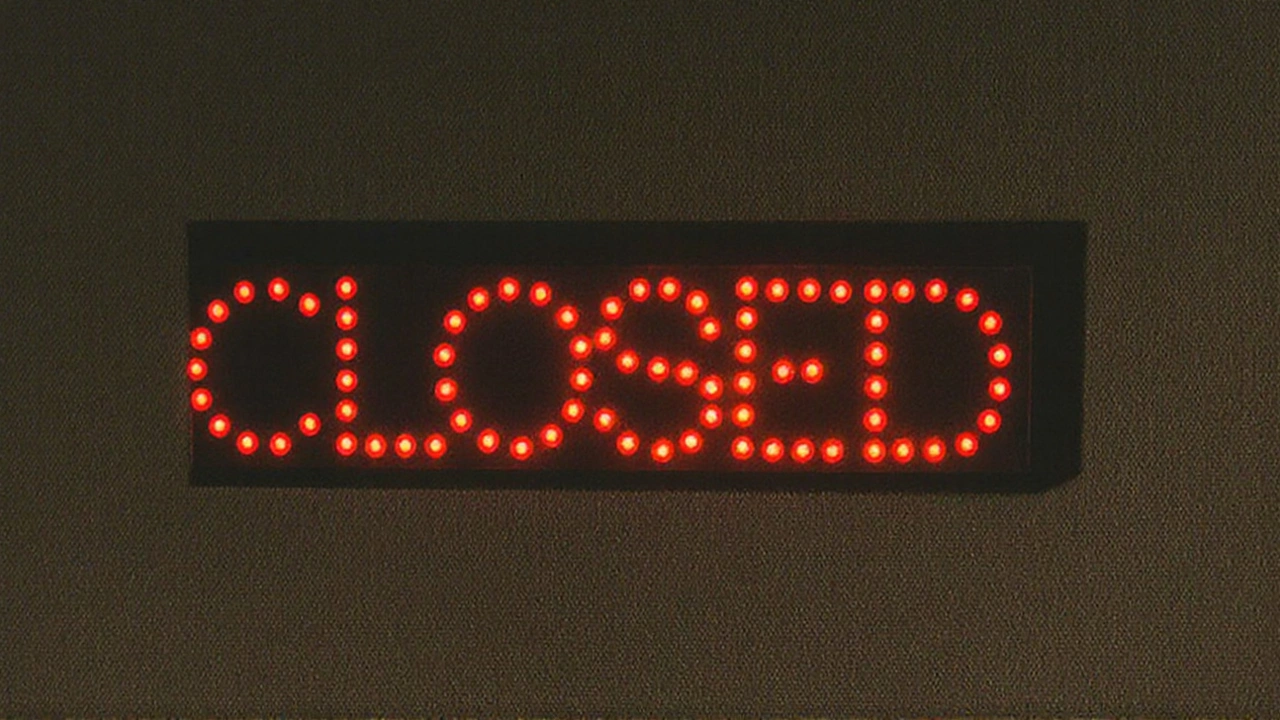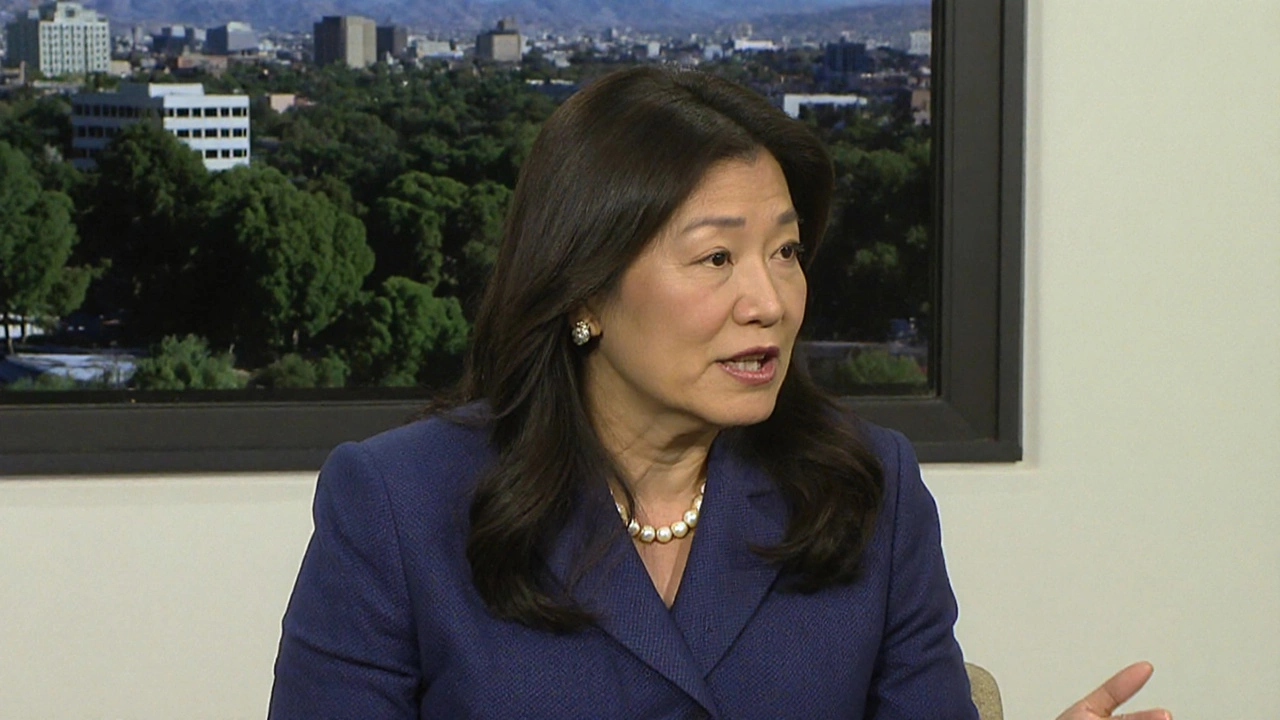
What happened to the Phoenix Dream Home sweepstakes?
Earlier this month the Arizona Department of Gaming (ADG) issued cease‑and‑desist orders that effectively ended a high‑stakes raffle promising a $1.3 million mountain‑view home in north Phoenix. The operation, marketed by UK‑based platform Raffall and an Arizona resident identified as John Smith, sold tickets for as little as $10. Participants bought chances to win the property, but the fine print disclosed a fallback: if ticket sales fell short of a preset minimum, the winner would receive only half of the money collected.
ADG investigators quickly determined that the model broke multiple state statutes. Arizona law limits raffles to nonprofit, tax‑exempt groups and bars any personal profit from the proceeds. Both Smith and Raffall stood to pocket the leftover cash after the prize was awarded, a direct violation of those rules.
"Illegal gambling can take many forms, and it does not matter if it is labeled a sweepstakes, raffle, giveaway, or drawing," said ADG Director Jackie Johnson. "Unregulated operations put Arizonans at risk because there is no oversight, and therefore no accountability or safeguards in place."

Why the shutdown matters for online gambling in Arizona
The enforcement action is more than a one‑off bust; it sits squarely in the middle of a Arizona gambling crackdown that has been gaining steam over the past year. Regulators have been targeting a wave of offshore platforms that lure state residents with promises of big‑ticket prizes, often slipping under the radar by disguising the games as “sweepstakes.” The ADG’s order obliges Raffall to scrub all Arizona‑focused drawings and tells John Smith to halt any further promotion of similar schemes.
Investigators also uncovered that the sweepstakes allowed participants under 21 to enter, violating the state’s minimum gambling age. The combination of under‑age entry, profit‑sharing, and misleading prize terms opened the door to potential felony charges, including Promotion of Gambling, Illegal Control of an Enterprise, and Money Laundering.
Industry watchers see the Phoenix Dream Home case as a catalyst for legislative change. Arizona lawmakers have floated bills that would legalize and tax online gambling, arguing that a regulated market could generate millions in revenue while shielding players from the kind of scams that prompted this shutdown. Proponents argue that a licensing framework would enforce age verification, prevent profit‑sharing by private operators, and create a transparent oversight mechanism.
Opponents, however, caution that legalizing online betting could exacerbate problem gambling and draw the state into a broader national debate about moral and social costs. They point to neighboring states that have already opened online casinos and point to mixed outcomes in terms of revenue versus social impact.
What remains clear is that the ADG’s decisive move sends a message to other offshore operators: Arizona will not tolerate a gray‑zone approach to gambling. The department has pledged to continue monitoring digital platforms and to pursue enforcement wherever it finds breaches of state law.
For consumers, the immediate takeaway is to exercise caution when encountering “sweepstakes” offers that require payment for entry. True nonprofit raffles will never promise a cash payout after a shortfall, nor will they allow the organizer to keep any surplus. As the conversation about legal online gaming heats up, citizens can expect more public hearings and possibly a ballot measure that could redefine the state’s gambling landscape.
